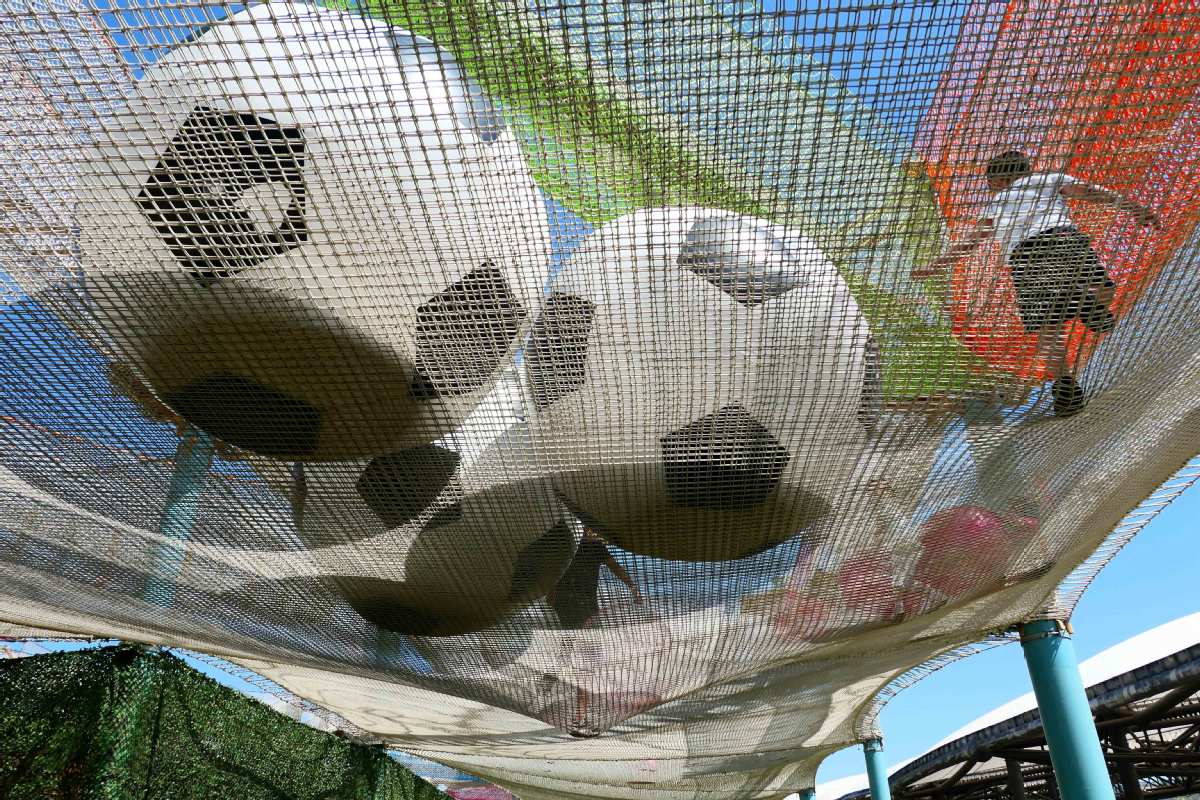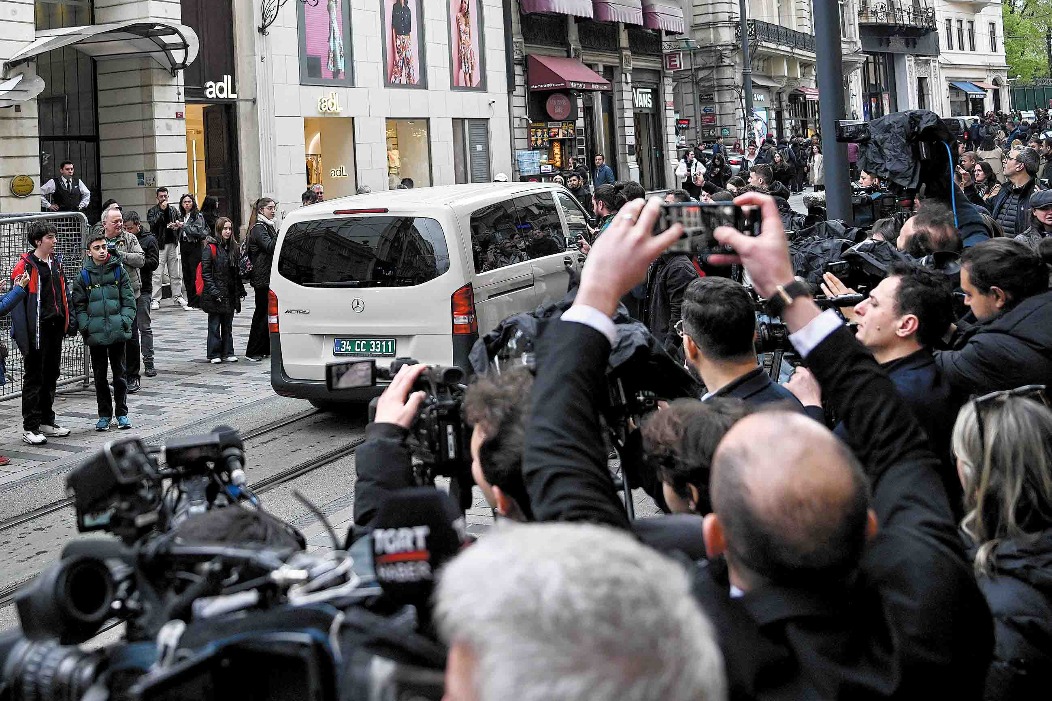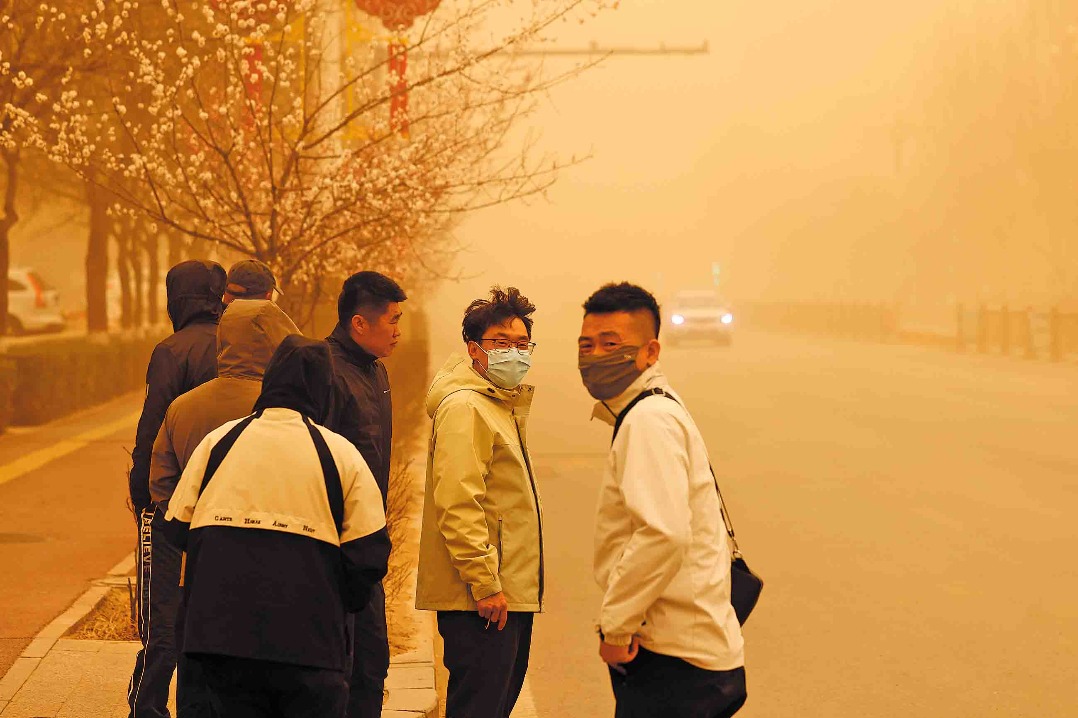Recreational facilities come under safety spotlight


Lack of regulation
While the local government quickly established a special team to investigate the accident, there is no indication how it will be handled, which is a typical loophole in regulation of the sector, experts said.
Before they entered the trampoline venue, the three friends were asked to sign a disclaimer in the event of injury. They didn't read the document, and workers at the venue didn't explain any of the details in the disclaimer, which Qiqi signed on behalf of all three members of her party, according to media reports.
There is a warning sign in the facility, reminding users that they must follow the instructions of staff members, remove all jewelry and other accessories and warm up before using the equipment.
However, quoting a national standard for gymnasiums and sports grounds, Guo Fanglai, a police officer involved in the investigation, said the workers responsible for the equipment did not have the legally required qualifications.
"The venue has a business license, and the attraction had passed all relevant quality tests," Guo told China Central Television.
The investigating team said that in China there are no laws or regulations to determine whether inflatable attractions that are popular with regular customers, not professional sportspeople, should be classified as gyms or sports venues.
A male executive at the venue, surnamed Yang, said the employees had received three days' tuition from trainers dispatched by the manufacturer, but the venue owners had no idea where they could obtain the relevant qualification certificates.
Li Meng, a tourism industry researcher with the Shanghai Academy, a government think tank, said the accident offered a microcosm of the problems in the recreational facility sector, which "has flourished in recent years" because of the low entry threshold for operators.
Such businesses can be opened anywhere there is enough space to accommodate the facilities. "Quick profits can easily be made," Li said, adding that the venues are popular because they cater to a rising interest in action games and activities.
Despite the sector's growing popularity, government supervision has failed to keep up with its rapid development, and venues constantly introduce new equipment to widen the range of attractions, he said.
In China, recreational attractions that can move at a speed of 2 meters per second or faster, and those that operate at a height of 2 meters above ground level, fall into the category of "special equipment" if they are used for commercial purposes.























